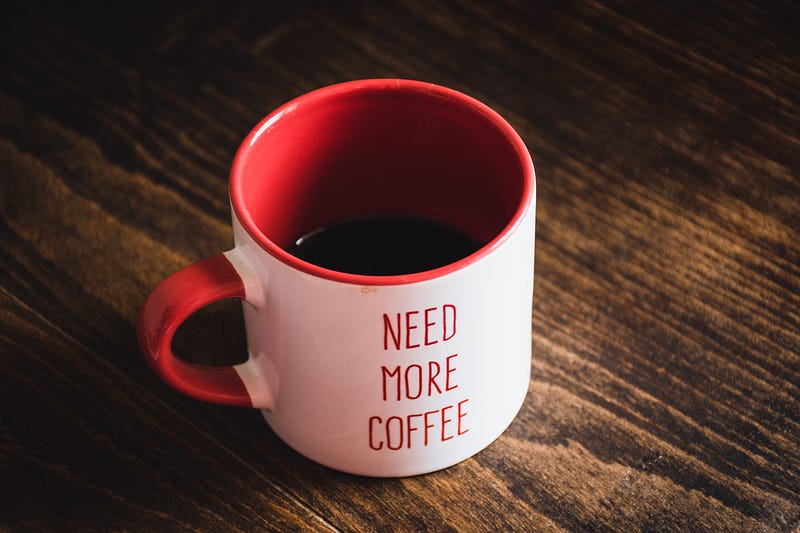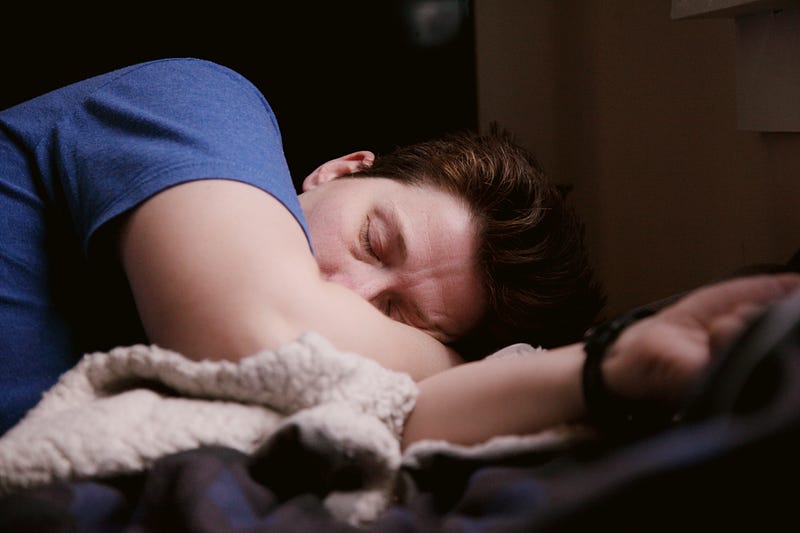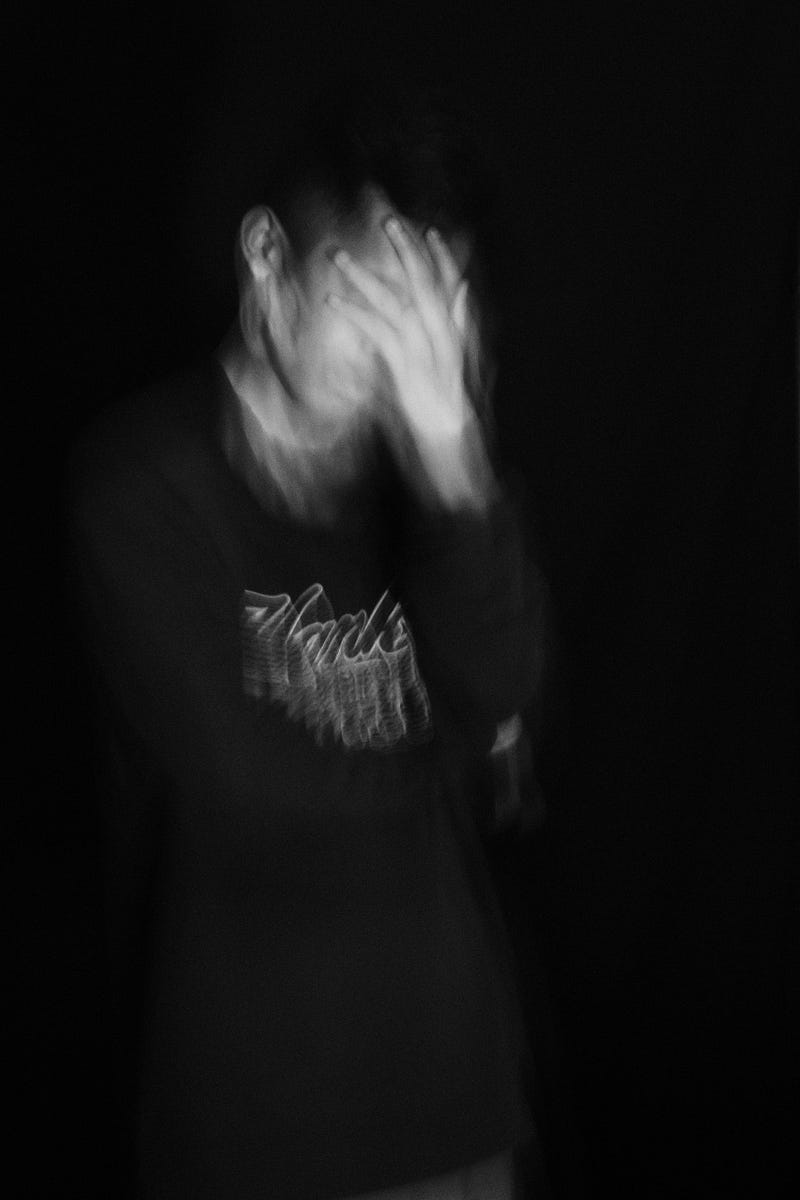Caffeine Consumption: The Zombie Effect on Modern Society
Written on
Chapter 1: The Caffeine Crisis
In today’s society, caffeine intake has reached alarming levels. Many individuals, including busy parents, frequent gym-goers, and college students, often consume excessive amounts of coffee or energy drinks to stay alert.

The problem arises when people drink five to ten cups of coffee daily or rely on energy drinks like Red Bull to power through their studies. While one or two cups of coffee might not be detrimental, the current trend of consuming 200mg to 400mg of caffeine daily is concerning. Most people are unaware of the harmful effects this can have on their well-being.
Section 1.1: The Sleep Dilemma
Sleep plays a crucial role in maintaining energy levels throughout the day. However, many people dismiss its importance, believing that caffeine can substitute for rest.

The reality is that caffeine can severely disrupt sleep patterns, causing individuals to go to bed later and wake up earlier, which ultimately diminishes the quality of deep sleep. Research indicates that caffeine can reduce total sleep time by approximately 45 minutes and decrease sleep efficiency by about 7%. Additionally, it can linger in the bloodstream for over 10 hours, complicating sleep recovery.
Subsection 1.1.1: Long-Term Consequences
Having witnessed the adverse effects of high caffeine consumption, I felt compelled to share this information. Here are some potential side effects of excessive caffeine intake:
- Anxiety
- Sleep disturbances
- Gastric ulcers
- Osteoporosis
- Irritability and headaches
- Dizziness
- Tinnitus (ringing in the ears)
- Tremors
- Fatigue
- Irregular heartbeat
- Rapid breathing
- Loss of appetite
- Nausea, vomiting, and diarrhea
- Increased thirst
- Hypotension (low blood pressure)
- Seizures
- Confusion

Section 1.2: Finding Balance
It’s essential to acknowledge that I, too, have enjoyed energy drinks like Red Bull. For athletes, caffeine can offer performance benefits, but overindulgence can lead to serious health issues. Moreover, Red Bull contains a significant amount of sugar—27 grams per can.
If you're seeking a caffeine boost, consider a simple cup of black coffee instead. For pre-workout energy, a spoonful of honey with Himalayan salt could be a healthier alternative. My intention in sharing this post is not to dishearten but to promote awareness about your health.
Chapter 2: The Zombie Metaphor
In the video "If 2020 Gave Us Zombies Instead Of A Pandemic," the absurdity of caffeine-fueled lifestyles is humorously explored. It illustrates how excessive caffeine consumption could lead to societal breakdowns, akin to a zombie apocalypse.
Similarly, the video "In future, a mysterious pandemic turns everyone into man-eating zombies" mirrors the consequences of neglecting health for short-term energy boosts, highlighting the potential dangers of a caffeine-driven existence.
In conclusion, I hope this insight encourages a more mindful approach to caffeine consumption. Remember, your health is paramount. Until next time, take care and stay healthy!
Quick Reminder!
For more engaging content, remember that reading for at least 30 seconds on Medium helps support my work. Thank you for your time, and don't forget to follow me!